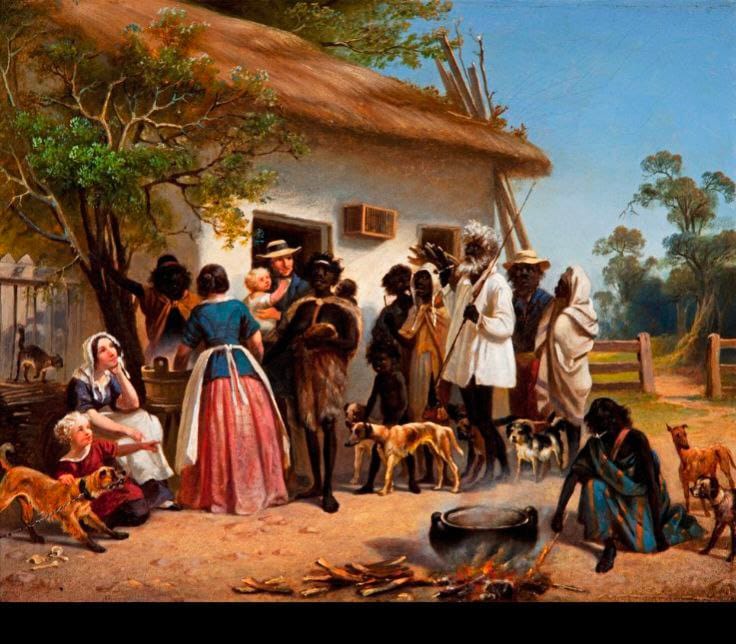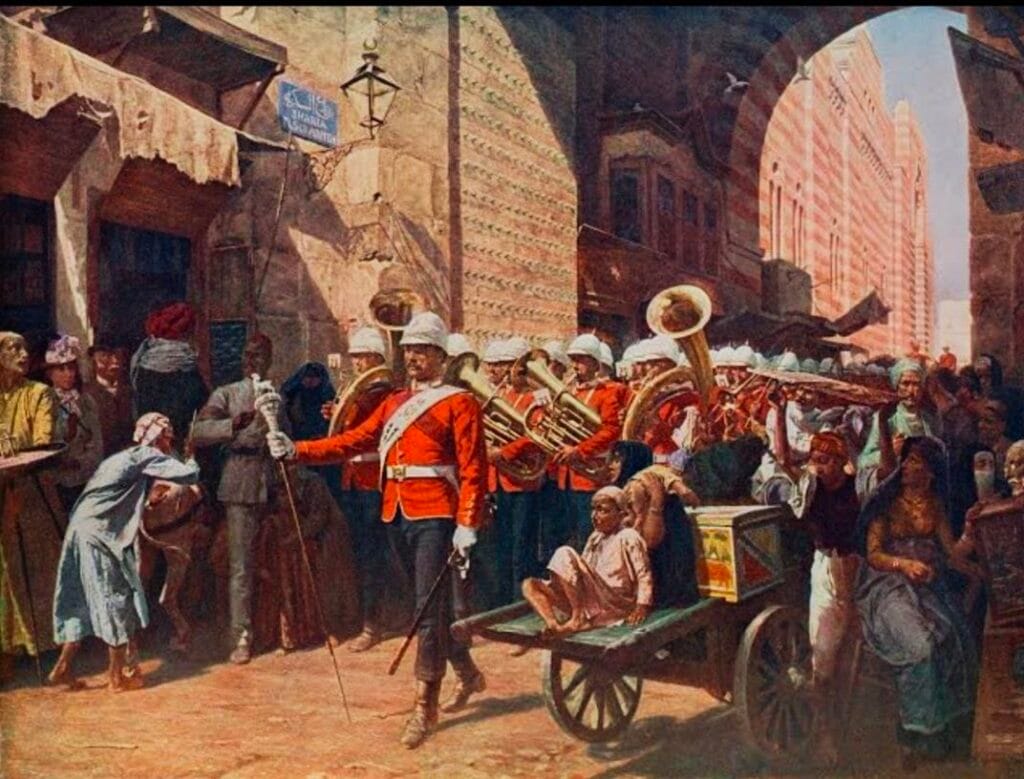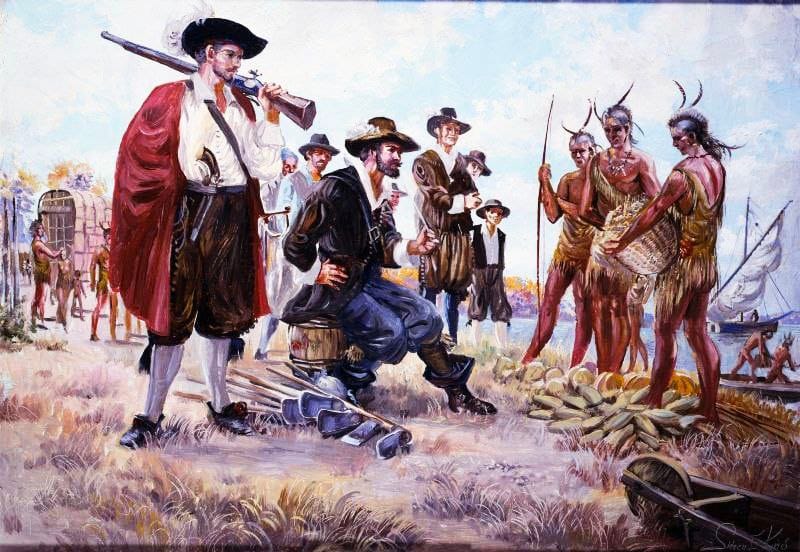
Colonialism refers to the practice of domination, control, and exploitation of one country or territory by another, often through the establishment of settlements or the imposition of political, economic, and cultural structures. It typically involves the exploitation of resources, labor, and markets of the colonized regions for the benefit of the colonizing power. Colonialism has played a significant role in shaping world history, leading to the creation of modern nation-states, economies, and political dynamics.
Meaning
Colonialism derives from the Latin word “colonia”, meaning settlement or farm, and it refers to the practice where a powerful country establishes control over weaker territories or nations. It involves the imposition of the colonizing country’s culture, government, and economy on the colonized regions. Colonial powers justified their actions using various means, including economic gain, religious missions, and the belief in their own superiority (often referred to as the “civilizing mission”).

Context
Colonialism was a dominant force between the 15th and 20th centuries. Starting in the Age of Exploration, European powers such as Spain, Portugal, Britain, France, and the Netherlands established colonies across Africa, Asia, and the Americas. This period was driven by European expansion, competition for global dominance, and the exploitation of foreign lands for resources, labor, and markets.
Colonialism had devastating effects on indigenous populations, including cultural displacement, exploitation, loss of sovereignty, and violence. It also introduced changes such as new political systems, religions, and infrastructure. The legacy of colonialism is still felt today in post-colonial societies, where inequality, cultural conflict, and economic challenges persist.

Forms of Colonialism
Colonialism has taken different forms throughout history. Here are the main types:
- Settler Colonialism : Involves large-scale migration of colonists to the colony, where they settle permanently. This form often led to the displacement or extermination of indigenous populations. Examples include the British colonies in North America, Australia, and New Zealand.
- Exploitation Colonialism : Focuses on extracting economic value from the colony, often through the forced labor of indigenous peoples or imported slaves. European powers established this form of colonialism in Africa, Southeast Asia, and the Caribbean. It emphasized the extraction of raw materials, minerals, and agricultural products.
- Plantation Colonialism : Involves the establishment of large agricultural estates (plantations) in the colony, where cash crops such as sugar, tobacco, and cotton are grown for export. Enslaved or indentured labor was typically used to work these plantations. The Caribbean and parts of the southern United States exemplified this form.
- Internal Colonialism: Refers to the unequal relationship between regions or ethnic groups within a single country, where one group dominates or exploits another. This form of colonialism is less formalized but can still result in the marginalization and exploitation of minority populations.
- Economic Imperialism/Neocolonialism : While formal political control might be absent, powerful nations can still exert economic dominance over less developed countries. This involves the exploitation of natural resources, unequal trade agreements, and the influence of multinational corporations, which has been a significant phenomenon in the post-colonial world.

Legacy of Colonialism
Colonialism reshaped global demographics, economics, and political systems. Many former colonies face challenges such as political instability, economic dependency, and cultural fragmentation due to their colonial past. Independence movements in the 20th century led to decolonization, but the effects of colonialism still influence modern geopolitics and international relations.
In summary, Colonialism was a system of domination that had profound and lasting impacts on both the colonizing and colonized societies, shaping the modern world in numerous ways.
